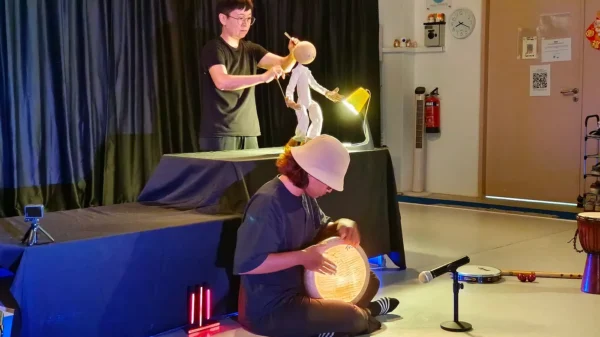In today’s fast-paced and often stressful world, it can be easy to overlook the importance of gratitude. However, cultivating a thankful mindset has been proven to have numerous benefits for our mental, emotional, and even physical well-being. In this blog post, we will explore the latest practices for living a grateful life and how they can positively impact our overall happiness.
The Power of Gratitude
Gratitude is more than just saying “thank you” or appreciating the good things in life. It is a mindset, a way of seeing the world that focuses on the positive aspects and acknowledges the blessings we have. Research has shown that practicing gratitude regularly can lead to increased happiness, improved relationships, reduced stress levels, and even better physical health.
Gratitude Journaling
One popular practice for cultivating gratitude is keeping a gratitude journal. This simple yet effective habit involves writing down things we are grateful for on a regular basis. It can be done daily, weekly, or whenever you feel the need to express gratitude. By taking the time to reflect on the positive aspects of our lives, we train our minds to focus on the good and become more appreciative of the present moment.
To start a gratitude journal, find a notebook or use a digital platform to jot down a few things you are grateful for each day. They can be big or small, such as a beautiful sunrise, a kind gesture from a friend, or a delicious meal. The key is to be specific and really savor the experience or item you are grateful for. Over time, you will notice a shift in your mindset as you become more attuned to the abundance in your life.
Gratitude Meditation
Another powerful practice for cultivating gratitude is through meditation. Gratitude meditation involves focusing on feelings of gratitude and appreciation while sitting in a quiet and comfortable space. Start by taking a few deep breaths and then bring to mind someone or something you are grateful for. Allow yourself to fully immerse in the feelings of gratitude and let them wash over you.
During the meditation, you can repeat a gratitude mantra or simply stay with the sensations of gratitude in your body. If your mind wanders, gently bring it back to the object of your gratitude. Regular practice of gratitude meditation can help rewire your brain to naturally focus on the positive aspects of life and increase your overall sense of well-being.
Acts of Kindness
Practicing gratitude doesn’t just involve recognizing what we are grateful for; it also extends to how we show appreciation to others. Engaging in acts of kindness is a powerful way to express gratitude and make a positive impact on the lives of others. It can be as simple as offering a helping hand to a friend in need, volunteering for a local charity, or sending a heartfelt thank-you note to someone who has made a difference in your life.
By actively seeking out opportunities to be kind, we not only spread positivity but also deepen our own sense of gratitude. Acts of kindness remind us of the interconnectedness of humanity and the power we have to make a difference in the lives of others.
Gratitude in Relationships
Practicing gratitude in our relationships can have a profound impact on their quality and longevity. Taking the time to express appreciation for our loved ones and the things they do for us strengthens the bond and fosters a deeper sense of connection. Whether it’s a simple “thank you” or a heartfelt letter expressing your gratitude, these acts of appreciation can go a long way in nurturing healthy and fulfilling relationships.
Conclusion
Cultivating gratitude is a practice that can transform our lives for the better. By incorporating gratitude journaling, meditation, acts of kindness, and expressing appreciation in our relationships, we can experience a profound shift in our mindset and overall happiness. So, let’s embrace the latest practices for a thankful life and become gratitude gurus in our own right.




































